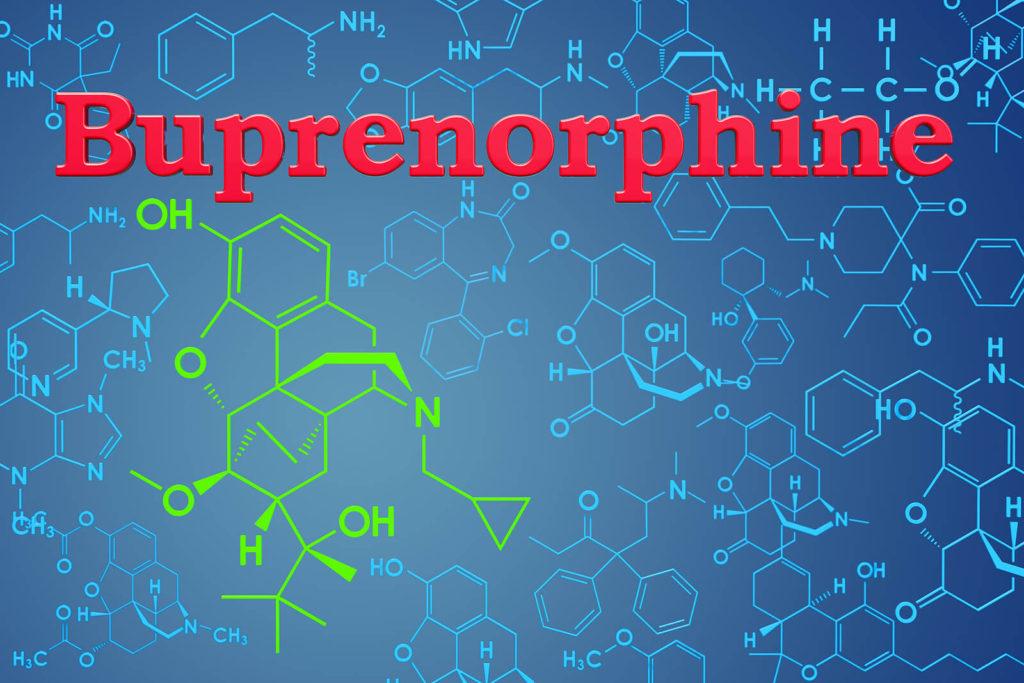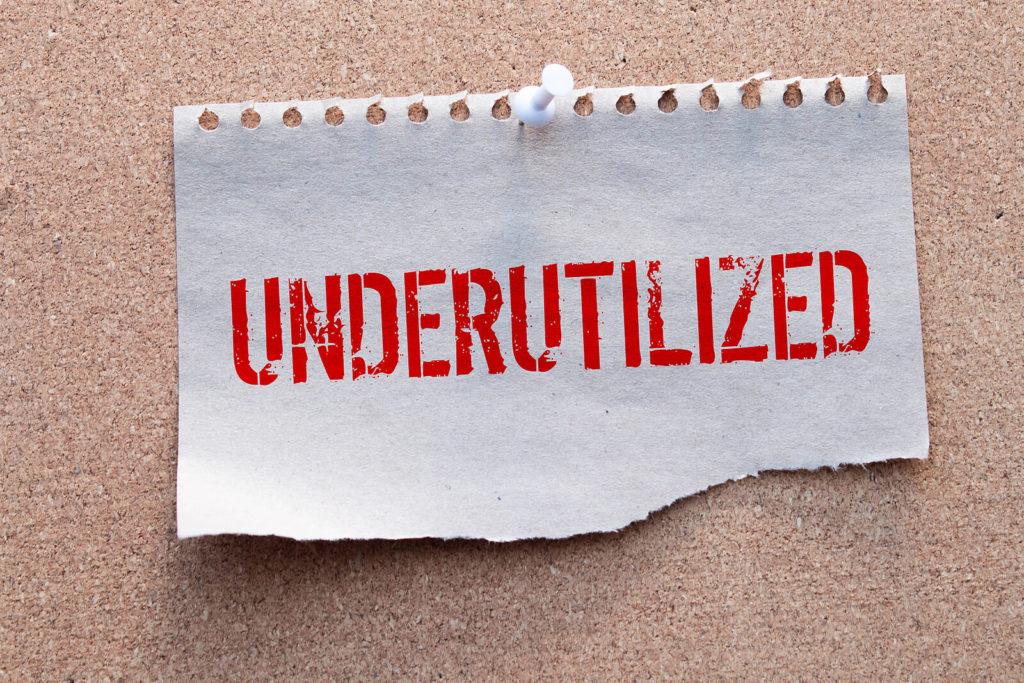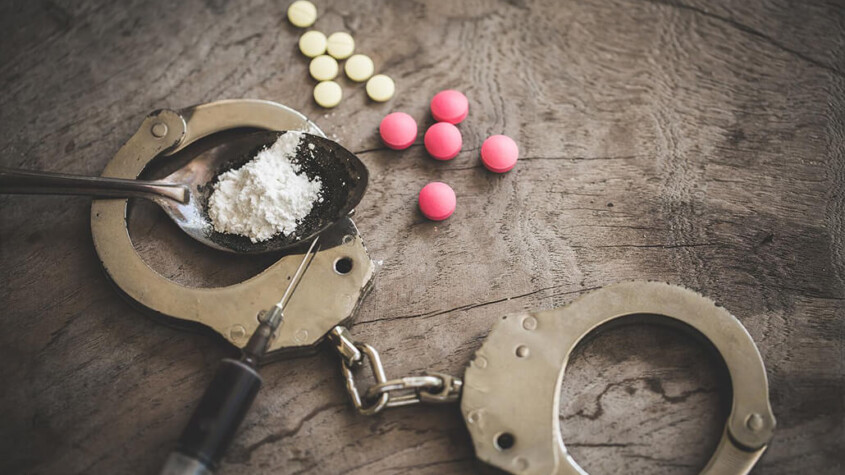Suboxone Buprenorphine and Opioid Addiction Treatment
Suboxone Buprenorphine: The Opioid Addiction Treatment that Actually Works
Opioid addiction has reached epidemic proportions in the United States, leading to an unprecedented number of overdoses and deaths every year. In 2016 alone, more than 59,000 people died from drug overdoses involving opioids like heroin, fentanyl, and prescription painkillers. The use of Suboxone buprenorphine has helped countless suffering from opioid addiction get their lives back. Opioid addiction treatment usually involves some form of opioid replacement therapy. But, it’s important to understand that this doesn’t necessarily mean methadone maintenance treatment. In the last 10 years, the office-based use of Suboxone buprenorphine has become the medication replacement treatment of choice.
Opioid Epidemic Crisis in America
How did the opioid epidemic start and how it’s worsening? Opioids are a class of drugs, including both legal prescription pain relievers and illegal drugs such as heroin and fentanyl. They work by binding to opioid receptors in your brain, stomach, and other areas. The neurotransmitters released by these receptors can make you feel calm or relaxed and even relieve pain. When opioids bind to these receptors in your brain they inhibit neurons from firing, which dulls both physical and emotional responses to pain. An opioid is any chemical compound that works by mimicking natural endorphins, creating feelings of euphoria. While some opioids are prescribed for medical use, others—such as heroin—are only available illegally.
Here is some background on the opioid crisis in the United States.
In 2013, an estimated 2 million Americans were addicted to opioids (including prescription opioids and heroin). Every day, 78 people die from an opioid overdose in America; another 26 people succumb to alcohol-related causes. Many experts blame our country’s rising rate of addiction on overprescribing practices among doctors and pharmacies.
Opioid Addiction Treatment – Combined Suboxone Buprenorphine and Psychotherapy

Both aim to address addiction by altering your body’s chemistry. But, medical treatments also have a psychological component. Medical treatments use substances like methadone and buprenorphine (Suboxone) to control cravings while patients try to work through their emotions and develop healthy relationships. Behavioral therapies help individuals examine their actions and find healthier ways of living. The most successful approach involves a combination of medical treatment with behavioral therapy. If you’re looking for opioid addiction treatment, it’s important to choose an expert that offers both types of care. Stephen Gilman, MD, an addiction psychiatrist in Manhattan, NYC is specially trained in both prescribing Suboxone buprenorphine and addiction-focused psychotherapy.
Common Concerns about Suboxone Buprenorphine Addiction Treatment
Suboxone, buprenorphine, and naltrexone are all used in opioid addiction treatment. Naltrexone is an opioid antagonist drug, which means it blocks opioid receptors in your brain to stop you from feeling high when you take opioids or heroin. In contrast, Suboxone works with your brain’s natural chemicals and opioid receptors to diminish cravings and withdrawal symptoms associated with opioid addiction.
Suboxone decreases opioid cravings by providing milder opioid effects than heroin or prescription painkillers; as a result, many people find they can function better at work and maintain healthy relationships while taking Suboxone. As you may expect, there are some side effects associated with taking Suboxone for opioid addiction treatment. The most common side effect of Suboxone treatment is constipation. Other common side effects include nausea, drowsiness, dizziness, dry mouth, sweating, and headaches. Because these side effects tend to be mild in nature and easily managed through lifestyle changes, including healthy eating, regular exercise, and a proper sleep schedule.
Suboxone Buprenorphine Concerns

The biggest concern about Suboxone is its association with heroin addiction treatment, which gives many users pause due to unwarranted feelings of shame and stigma. Don’t let this get in your way of seeking this life-saving treatment. However, Suboxone is a partial opioid blocker and is safe and effective when prescribed by your addiction psychiatrist. With that said, it’s important to be aware of potential side effects and any contraindications before using Suboxone to treat your opioid addiction. You should also know that you can use Suboxone long-term if needed. In fact, most people do take Suboxone for longer periods called opioid maintenance treatment because they don’t want to go through withdrawal again. To ensure safety, make sure you only use a doctor-approved dose of buprenorphine at one time.
Addiction Psychiatrists are the Best Experts on Treating With Suboxone Buprenorphine
Many people who suffer from opioid addiction have turned to doctors specializing in addiction psychiatry to help them get better. This is because doctors treating people with opioids are the best experts treating people with opioids. They receive ongoing training and they learn through peer-reviewed research on current medications used for managing opioid cravings and withdrawal symptoms, as well as what factors make certain medications more effective than others. Addiction psychiatrists in Manhattan, NYC will often use Suboxone or Subutex during recovery from an opioid addiction because it has proven effective at reducing cravings and preventing relapse.
Most Effective Drug Treatment Programs Use Combined Approaches
Most effective drug treatment programs combine addiction-focused psychotherapy from an addiction psychiatrist and medication assistance. Medication-Assisted Treatments for opioid use disorder (i.e., buprenorphine and methadone) have been shown to be safer, and more effective than behavioral approaches alone, allowing those with addictions to opioid pills, heroin, or fentanyl to focus on things like their family and careers. An addiction psychiatrist in New York, NY can be a powerful ally in helping a patient overcome heroin or pill addictions through medication assistance followed by addiction-focused psychotherapy. For many patients, the first step is seeking out an expert referral from an addiction psychiatrist who can provide both medications and psychotherapy. A good follow-up question would be: Do you have any experience with or thoughts about Suboxone buprenorphine?
Begin Opioid Addiction Treatment in New York, NY
Even with a combined approach, finding the right support can be difficult. I’m happy to offer help from my NYC, Manhattan-based therapy practice. I’ve worked with many clients to reduce their symptoms and overcome addiction and would be honored to help you as well. You can start your therapy journey by following these simple steps:
- Contact Stephen Gilman, MD
- Learn more about me and my approach to treatment
- Start overcoming your addiction!
Other Services Offered with Stephen Gilman, MD – Addiction Psychiatrist in NYC, Manhattan
Opioid addiction treatment isn’t the only service I offer from my New York, NY-based therapy office. Other mental health services I offer include general psychiatry, young adult psychiatry, and adult psychiatry. I’m also happy to offer prescription drug addiction treatment, cocaine addiction, alcohol addiction treatment and meth addiction treatment, behavioral addiction treatment, PTSD treatment, drug addiction treatment, and marijuana addiction treatment. Learn more about me or visit my blog for more helpful info.



